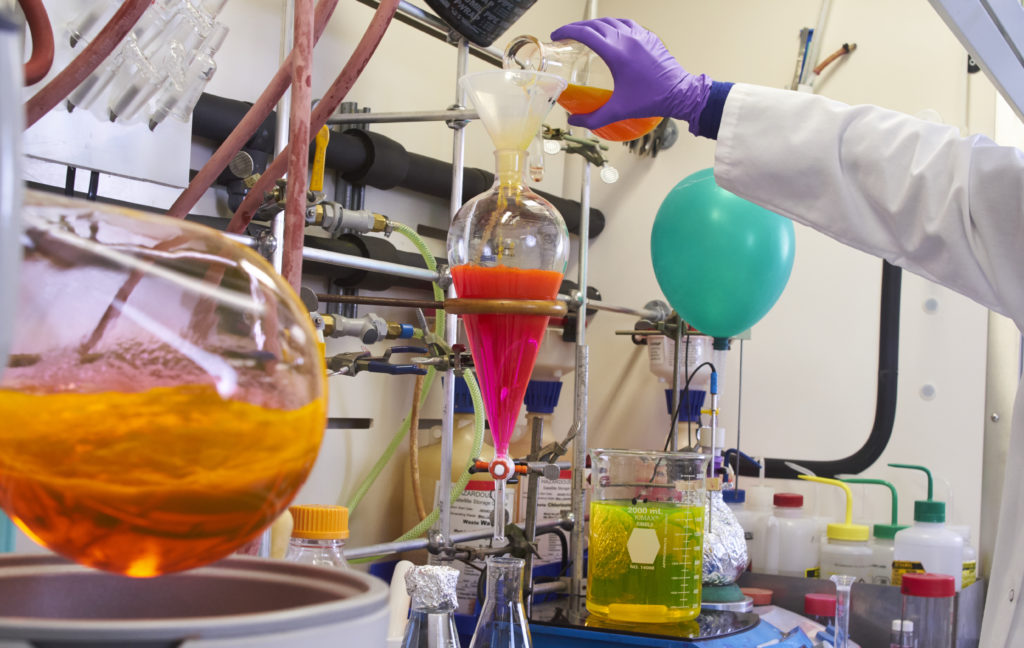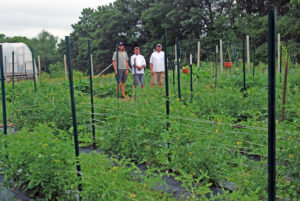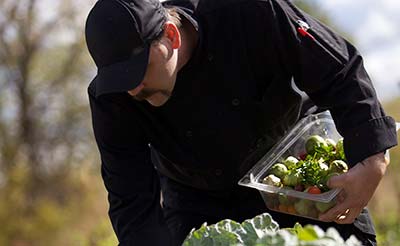When you think of sustainability, what comes to mind? Immediately, my brain imagines vast collections of plastic in the ocean and carbon emissions from millions of cars. I’m guessing that, like me, you didn’t think about optimizing the synthesis of chemical reactions to reduce toxicity or energy usage. Although we’re often focused on the more visible forms of waste, sustainability applies to an enormous range of human activities.

Promega is committed to integrating the principles of sustainability across all aspects of our business. One recent area of focus for our PBI branch is a shift toward Green Chemistry. PBI synthesizes reagents and small molecules used in Promega products. After deciding “it was the right thing to do for our customers and for the environment,” the leader of Promega’s Corporate Responsibility Program, Corey Meek, assembled a few individuals to start a conversation about implementing Green Chemistry principles.
Continue reading “Green Chemistry is Better Chemistry”“It was the right thing to do for our customers and for the environment.”





